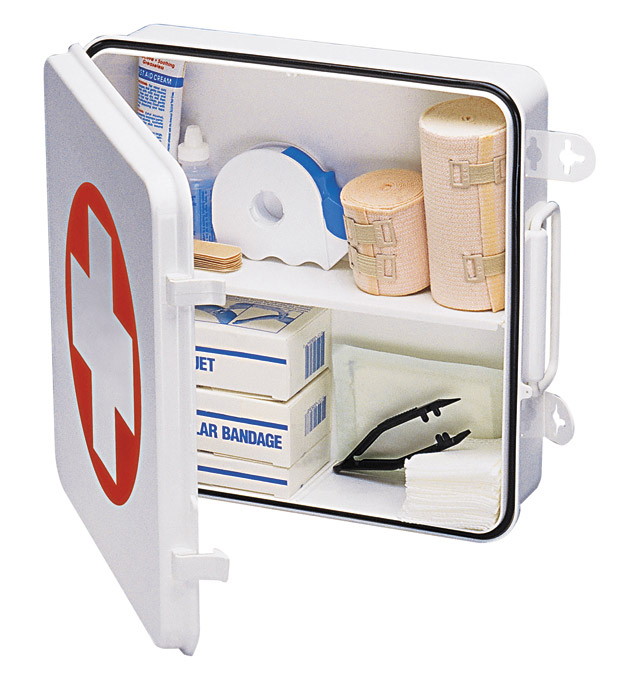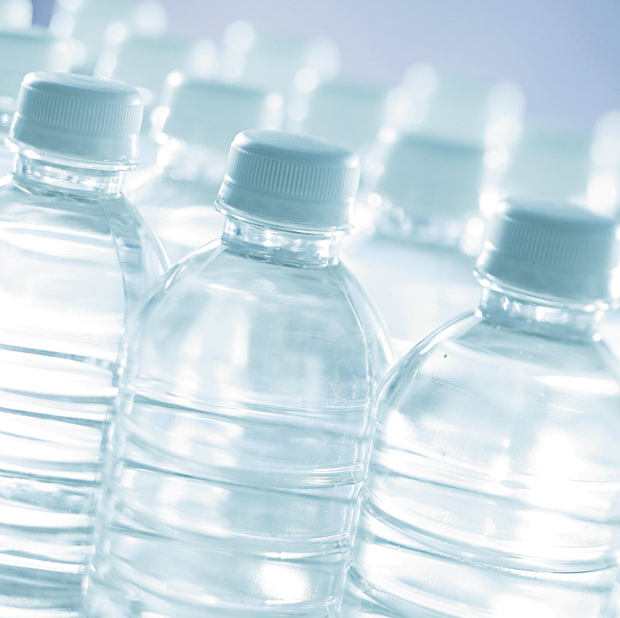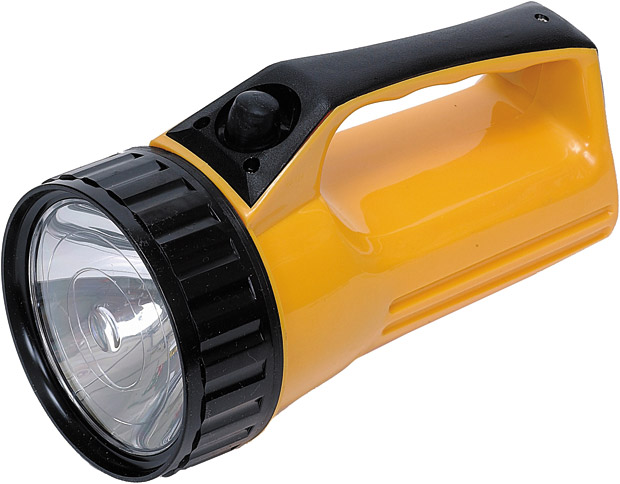It’s never too late to prep for hurricanes
I hate to admit it, but I am one of those people who is always running just a little bit behind. I am punctual for meetings, classes and appointments, but when it comes to maintaining a schedule otherwise, I am just slightly behind the game. For example, I often forget to send greeting cards until just a few days after the occasion has passed, and I am almost always one month behind scheduling annual doctors’ appointments.
It is no wonder that I’m running behind for this year’s hurricane season, too. Hurricane season runs from June to November in Hawaii. Although it is already one month overdue, it is never too late to start prepping. Honolulu Star-Advertiser‘s Timothy Hurley reported predictions for an above-average hurricane season this time around, so if you haven’t yet started prepping, now would be a great time to start.
Assess your location. Visit honolulu.gov/demevacuate/tsunamimaps.html to find out if you are in an evacuation zone. If you are, remember that you will need to go horizontally, inland, and vertically, at least three floors up in a solid building, according to the Department of Emergency Management. Plan to head for a specific location, whether it is with family, friends or a shelter. Remember that not all shelters or people will be OK with welcoming animals. Make plans so that you can go somewhere Fido is welcome.
Check your home insurance coverage. Make sure your coverage includes damage that could occur from hurricanes, such as flooding. If you rent, get rental insurance and make sure you read the fine print. Unless you itemize pricey things, you may only get reimbursed for a fraction of the cost of what is lost or damaged.
Build a supply kit — or refresh your kit from last year. Aside from freshening up and restocking food and water, remember to stock up on other supplies as well. Include pet food, entertainment, such as playing cards, a battery backup for you to charge phones or other electronics, flashlights, candles, a lighter and medicine.
Think of ways to get power, even when the power is out. Always make sure you have half a tank or more of gas in your car, just in case. Charge your phone in your car. Turn your phone off or switch it to airplane mode for faster charging. If possible, keep it off unless absolutely necessary. You can also charge electronics using your laptop. Throw a mini generator or an external battery into your supply kit.
Have a question or comment for Joanne? Email her at thefixisinhawaii@gmail.com.



